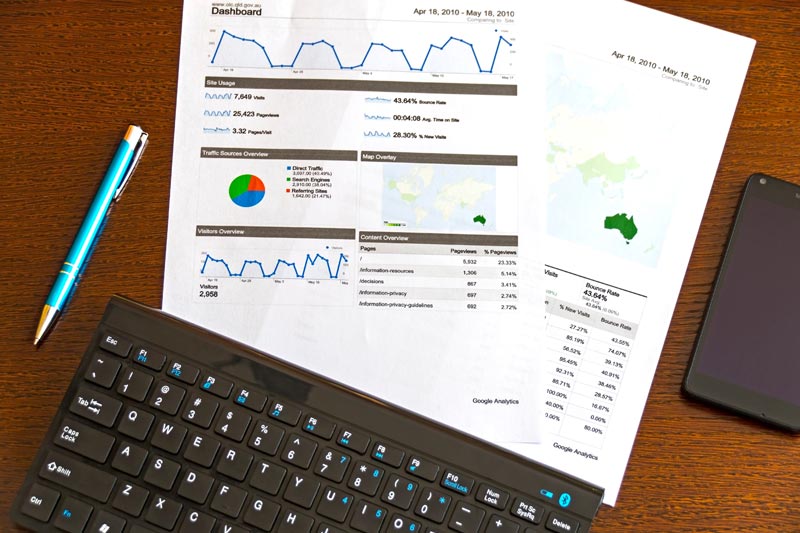Big Data Analytics
Big Data Analytics

A recent McKinsey study showed – pre Covid19 – that Business Intelligence is used increasingly by businesses to increase new prospects and future revenue. Those companies are mostly multinationals.
McKinsey calculated that the use of Big Data would equal a global sales value increase of as much as US $ 9.5 to $ 15.4 Billion annually.
In the “new normal” therefore, it will come as no surprise that the use of Big Data, Social Listening and Artificial Intelligence has really taken off.
The majority of (family owned) companies however, are still mainly based on own historical data in order to adjust their policies. Historical data that meanwhile turn out to be completely outdated due to the events of 2020 .
Consider data in terms of retail turnover. Our Central Bureau of Statistics show that there is no value to be gained from historical retail data since March 2020. For example DIY companies like Gamma, Praxis and Hornbach saw their sales increase by 25% compared to last year. Clothing sellers saw a decrease in their turnover of – / – 58%! Those who made a budget for 2020 based on 2019 have gone completely wrong!

Big Data can be used in various ways to prevent discontinuing a business or worse .
1. By applying “Social Listening ”
In this variant, billions of posts on Facebook, Instagram, Youtube , Twitter etc. are searched for information relevant to a company, product or service. Which points for improvement in sales, services, product development, etc. can be found on news and social media for a specific product / service?
2. By applying quantitative information from Google searches
While Social Listening mainly leads to actions to increase direct sales, quantitative research in Google databases is necessary to recognize trends in a market.
For a wine importer we assisted, for example, a trend may emerge that a hype is emerging in the demand for wines in which the Gruner Veltliner grape is processed . Also that the demand for wines with Merlot as the main ingredient is declining rapidly.
3. By using industry-specific databases.
This form of Big Data is mainly used for expansion plans of companies where new branches are being built – or taken over. What is the right location for that new office or warehouse(s)? What turnover expectations are realistic? What does the competition consist of in the relevant focus area ?
Timely application of the described techniques will contribute to the preservation of companies, jobs and invested capital. Something that the Dutch government also called for when announcing the support for companies in the 2020 Covid-19 crisis.
Curious what we can do for your company?
Fill out the form below and we will contact you as soon as possible.
